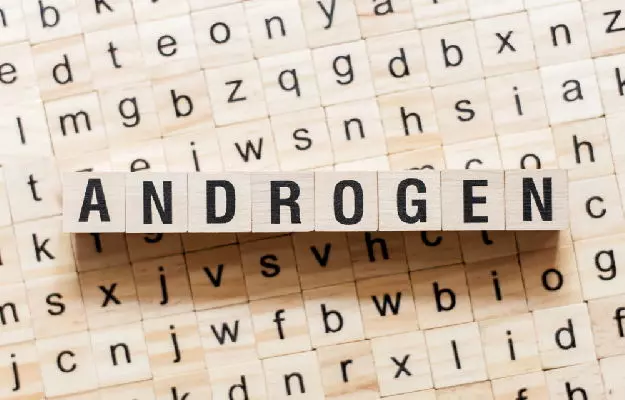We all know that women and men have two special types of hormones which control all the functions of their body, testosterone and androgen. Anti-androgen medications block androgen hormones such as testosterone. So people can use them to slow down prostate cancer and reduce the masculinizing effects of certain hormones.
Read more - (Hormone Therapy: types, benefits and side effects)























